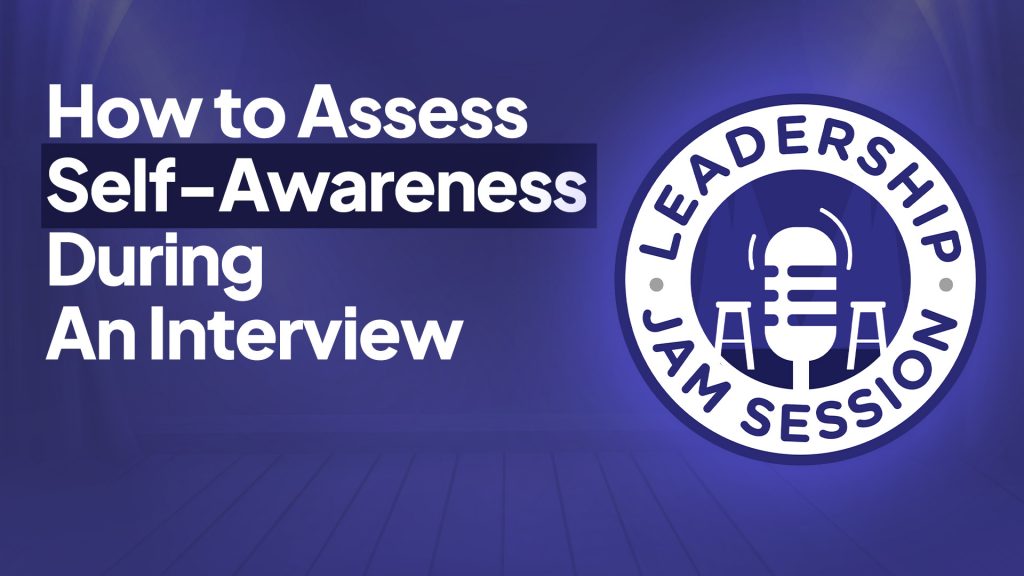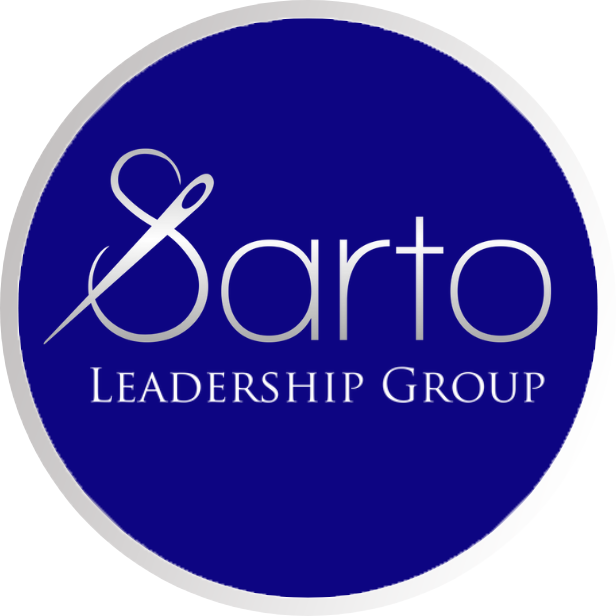How to Assess Self-Awareness During a Job Interview

As a manager, you’ll often find yourself trying to hire for an open position. While this is a standard process, choosing the right applicant can sometimes get tricky.
How do you determine who the person sitting down in front of you truly is?
Moreover, how can you find out whether or not they have or lack self-awareness?
Today’s episode will consist of a discussion during one of my workshops called the Coach’s Jam Session.
Read on to learn the best practices when assessing whether or not somebody has self-awareness during an interview.
The best techniques for conducting a professional interview
The key to conducting a successful job interview is to choose the right questions. Your goal is to get an insight into the candidate’s character by paying close attention to their answers.
If you want to know whether a candidate is self-aware, you might ask a few particular questions.
For instance, you may ask them to tell you about a mistake they made recently and what they learned from it. In this case, struggling to answer this question may very well be a red flag. It shows the applicant’s lack of self-awareness.
Another helpful question you could ask them is to talk about their proudest professional accomplishment. Everybody likes to talk about their successes. So, this is an excellent opportunity to get a good insight into their personality and motivations.
Sometimes, you might need to go beyond the professional aspect to understand who the candidate truly is.
One example could be to ask them what they regret the most. It may be a sensitive topic, yet self-aware individuals will have no problem discussing it.
However, asking questions will only get you so far. You also need to develop the ability to pivot at the moment.
It’s about following your intuition and ‘peeling the onion.’ If you feel there’s a specific topic that could be worth digging more into, don’t be afraid to go there. Even if you need to extend the interview, go as deep as possible to get the answer you’re looking for.
It’s also crucial to have self-awareness as the interviewer. You always want to ask insightful questions that would be beneficial to your team.
To achieve this, you’ll also need to develop the ability to create a safe environment. You’ll be more likely to get good results if candidates feel comfortable sharing personal information.
How to create a comfortable environment during interviews
You won’t get honest answers if your interviewee doesn’t feel like they’re in a safe environment. It’s essential to be candid and try to get them to drop their guard down.
Disarming the people you’re interviewing by providing a welcoming and warm environment it’s a great technique. It’s perhaps the best way to get to know the person sitting in front of you.
Starting off the interview in a relaxing way is crucial. That sets the tone for the discussion and helps your candidates feel at ease when sharing private information. Otherwise, they might conceal specific details that would be valuable for you to know.
An excellent idea for disarming applicants is to use yourself as an example. Talking about what you’re currently working on or some mistake you’ve made works wonders. This way, they will feel compelled to share that information and answer your questions honestly.
However, providing a comfortable environment is just another part of the puzzle when determining somebody’s self-awareness. To conduct a successful interview, you also need to know your team’s perspective.
The benefits of leveraging your team’s input
Whenever you’re interviewing a candidate, it’s a good idea to leverage your team to get different perspectives on that person.
It’s always good to have an extra set of eyes and ears. They might notice some detail or cue that you perhaps overlooked.
However, it’s vital to be on the same page with whoever is helping you interview. This means that you need to set expectations in advance and plan the interview accordingly.
You could even have a previous meeting with the interview team that you assembled and set these expectations.
In this meeting, you should also evaluate the candidate’s compatibility with the rest of the team. You can achieve this by asking them how well they believe this candidate would fit in the pack.
Disruptive or abrasive individuals can easily tear down team dynamics. So, it’s vital to get this aspect of the interview process right.
There are some added benefits of leveraging your team’s input when preparing an interview. Asking them to be a part of the process can go a long way when it comes to building trust.
Additionally, if there are problems with this person down the road, you can always remind your team that they gave you their approval.
Key Takeaways
– How to approach professional interviewers (01:37)
– The importance of creating a comfortable environment (04:06)
– How to leverage your team’s input during interviews (12:00)
– The two questions you should always ask (14:51)
Leadership Resources
How are the leaders at all levels of management tackling the toughest challenges each day? Learn more at: https://sartoleadershipgroup.com

